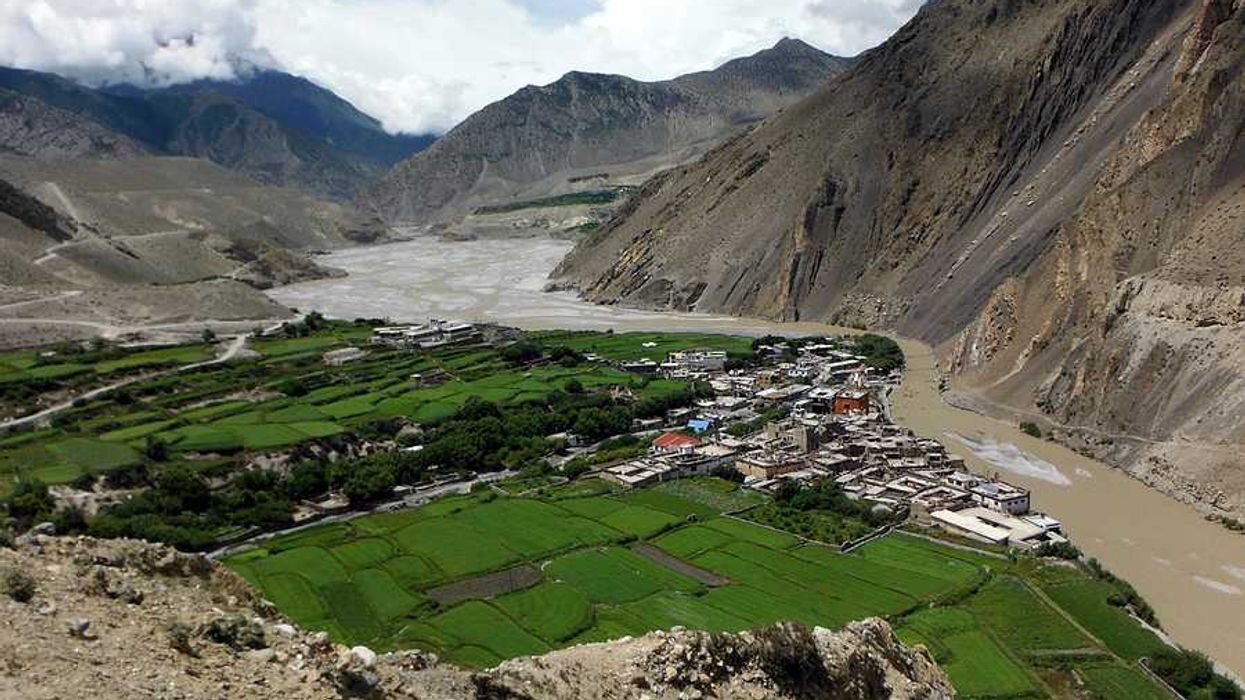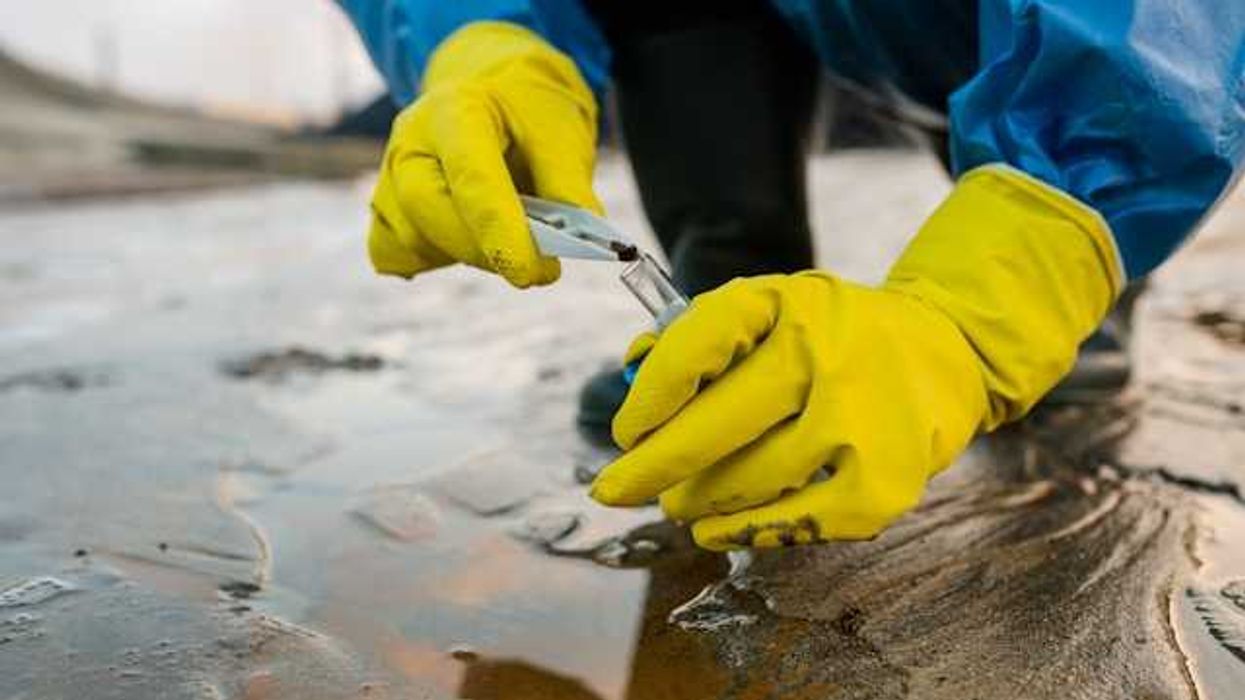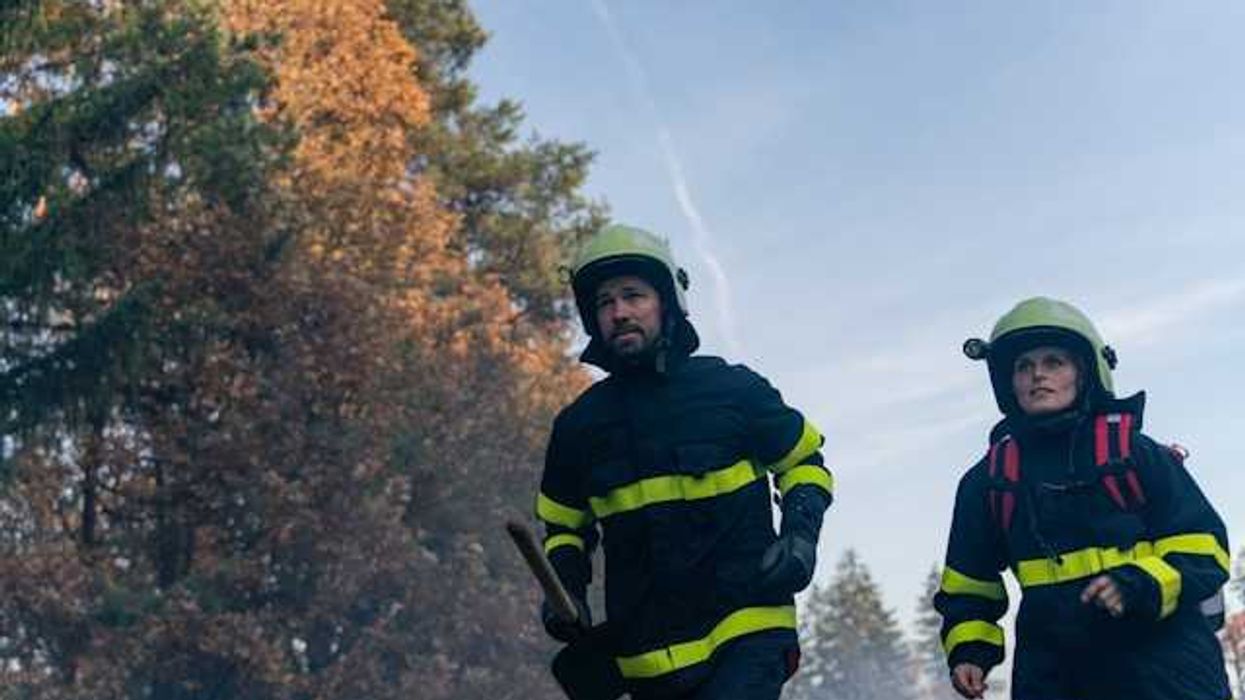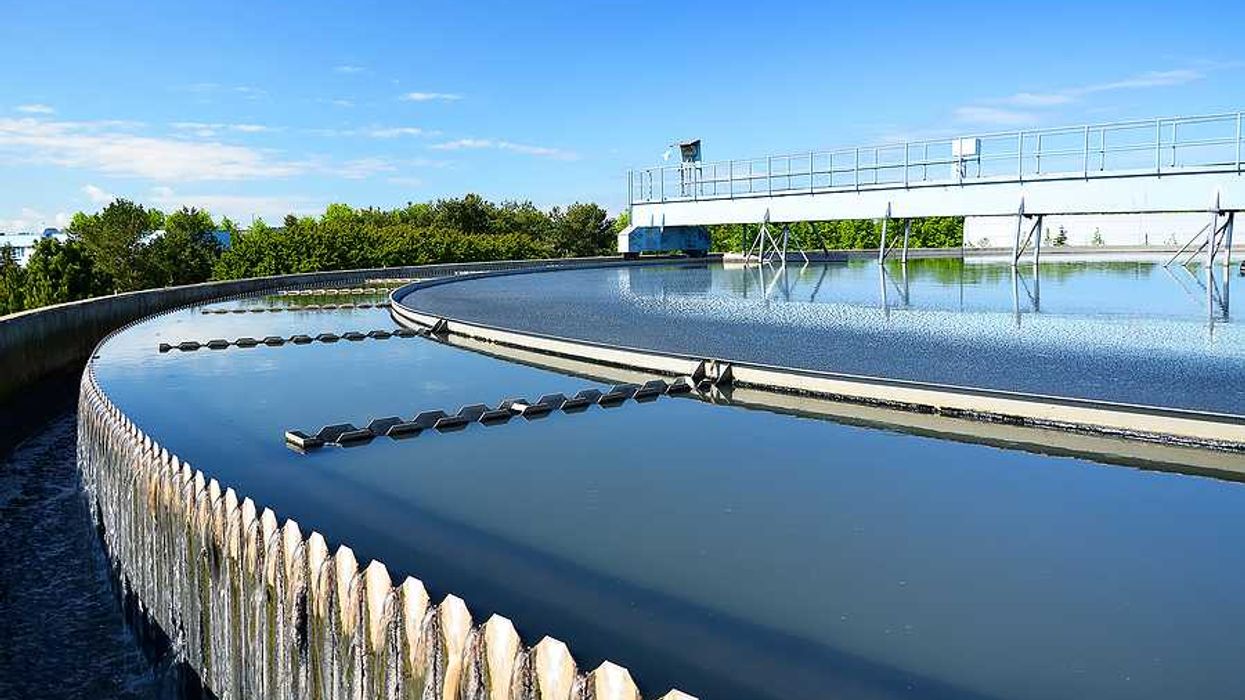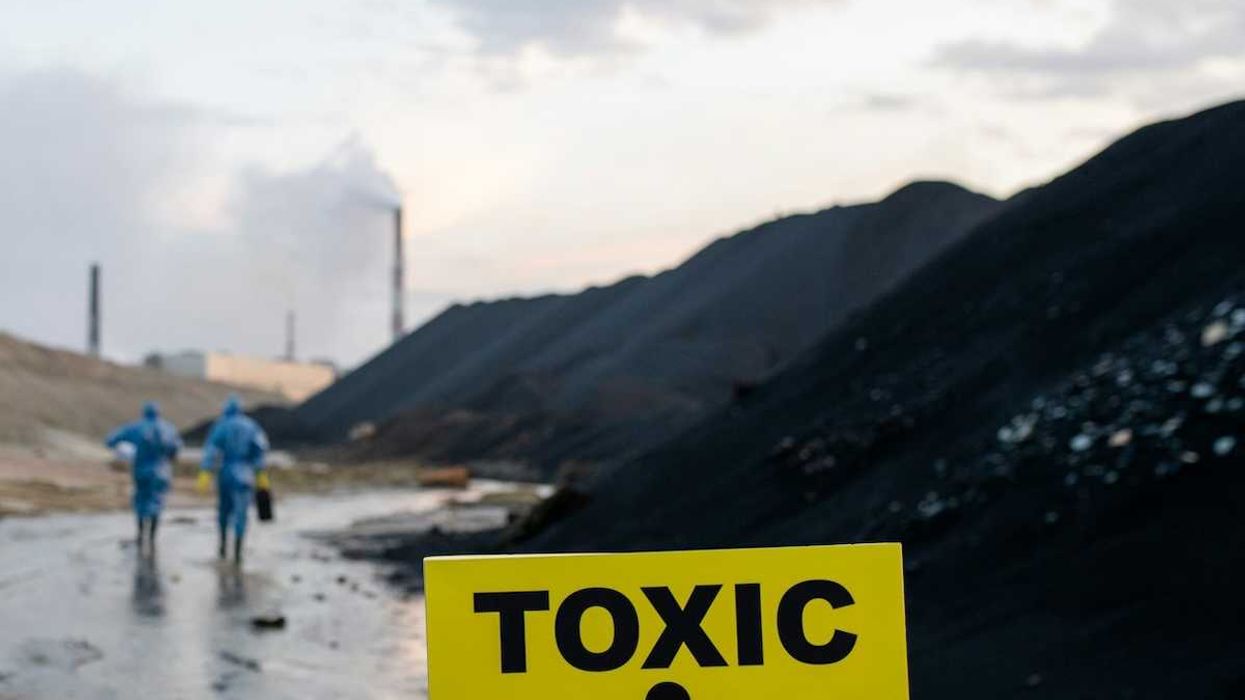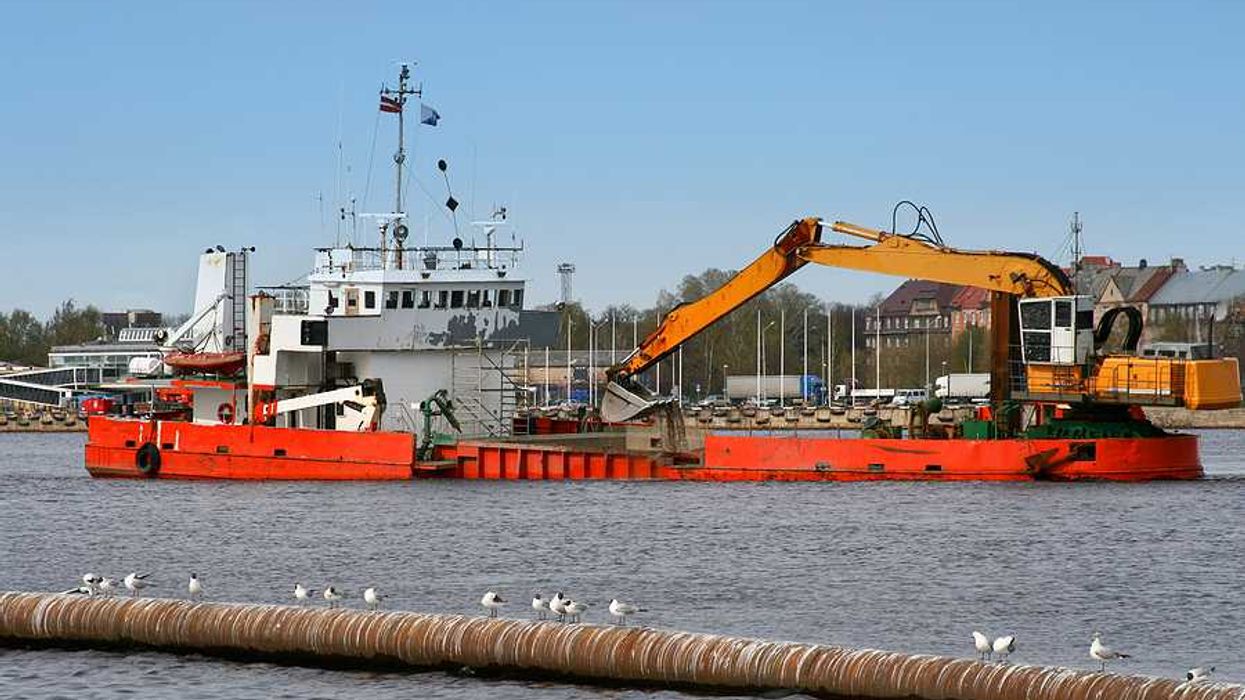Families of 9/11 victims are still battling federal rules that deny compensation for cancer deaths linked to toxic exposure at Ground Zero.
Claire Fahy reports for The New York Times.
In short:
- Federal benefits for 9/11-related cancers are limited by a policy requiring a four-year latency period, excluding many early diagnoses.
- Families of victims argue that those exposed should be recognized regardless of when their cancer appeared.
- Appeals to revise this policy continue, with a new review expected soon from the World Trade Center Health Program.
Key quote:
“If you were down there helping people, you should get recognition no matter what, in my opinion.”
— Matt Skiba, son of 9/11 victim David Skiba
Why this matters:
Thousands of first responders were exposed to carcinogenic materials at Ground Zero. The delay in compensating families whose loved ones developed cancer before the program’s cutoff raises questions about fairness and scientific certainty in health policy.


